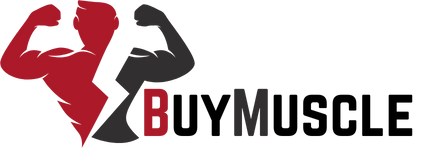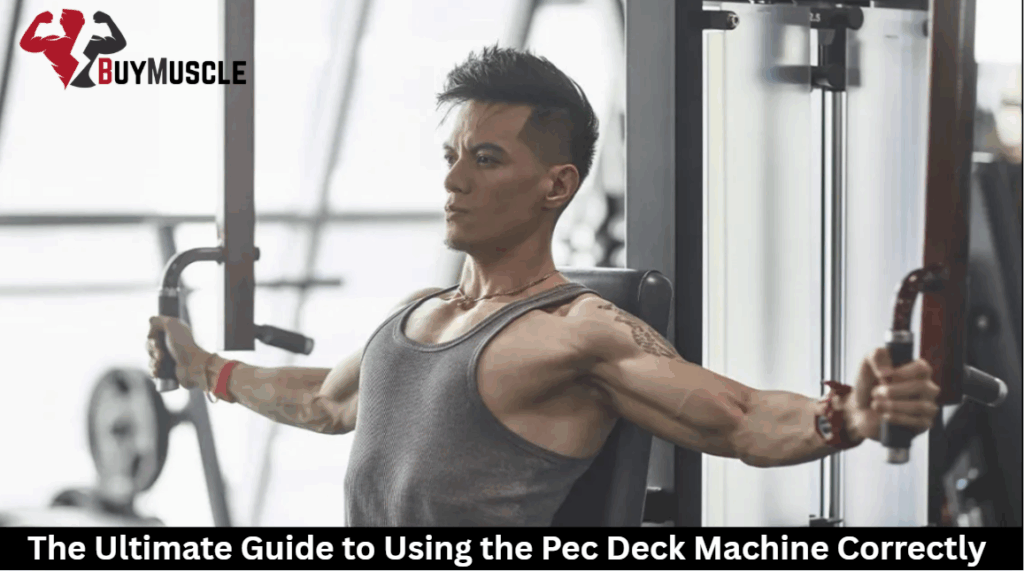Bodybuilding Legend Charles Glass Shares the Popular Exercise He Avoids
Charles Glass, a renowned bodybuilding coach, strongly advises against the barbell bench press due to its poor biomechanics and high risk of shoulder injuries. He argues that this traditional movement often fails to target chest muscles while placing undue stress on joints. Instead, Glass recommends alternatives like dumbbell presses, cable crossovers, and machine work that […]
Bodybuilding Legend Charles Glass Shares the Popular Exercise He Avoids Read More »







